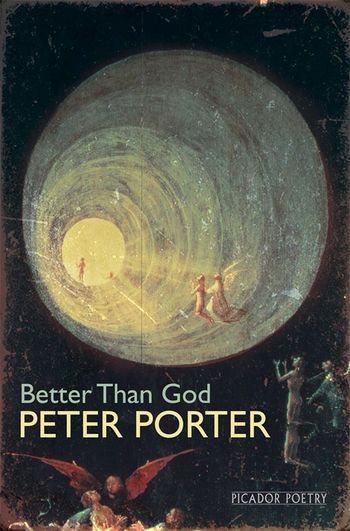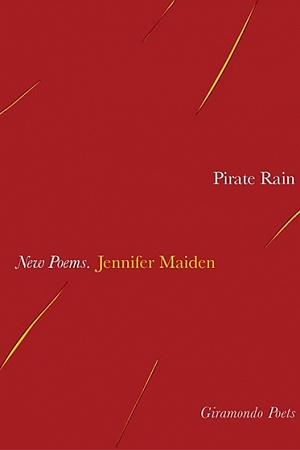Better Than God
Picador, $29.99 pb, 154 pp
‘They threaten and they bless’
When Petrus Borel led Victor Hugo’s private ‘claque’ into the theatre of the Comédie-Française in 1830 for the opening performance of Hugo’s play Hernani, he and the others of the Romantic ‘push’ fully intended their actions to precipitate the death of classicism in French theatre. They succeeded. Had Peter Porter been in the audience, one wonders where he would have positioned himself between the Romantic shock troops (in part driven by the compulsions of the Petit Cénacle) and the classicist critics who panned the play and all it stood for in the press the next day. The performance and the attendant conflicts became known as ‘La Bataille D’Hernani’.
Porter’s sympathies and empathies would doubtless have been divided, though he would certainly have been on the side of the republicans rather than the royalists. We can’t but suspect that the failure of classical values to hold the day might have disappointed him. But Porter’s classicism is never orthodox. His inflections of classical tradition through a European inheritance are as much about the journey as they are about a status quo of aesthetics. He is more likely to satirise all involved and step off into a critical space that draws influence from both sides of the equation. Porter can admire Thomas Hardy as much as he admires Horace – the gap is not as large as some might like to think.
Porter operates out of an independent position that comes from the divided loyalties of The Group (and the Movement) in London during the 1950s, and his restless dialogue – physical and psychological – between states of habitation in Australia and his home of almost sixty years, London. He talks between spaces, between the European and the antipodean. His explorations of belonging are tied up in issues of subjectivity, in a struggle between the conscious and the unconscious, and in what can be drawn to the surface. The binary between the Athenian of Porter and the Boeotian of Les Murray was a false dichotomy in so many ways – one that ‘had legs’ (impelled by both Murray and Porter themselves) and left them both in an opposition that is superficial and challengeable.
Continue reading for only $10 per month. Subscribe and gain full access to Australian Book Review. Already a subscriber? Sign in. If you need assistance, feel free to contact us.












Leave a comment
If you are an ABR subscriber, you will need to sign in to post a comment.
If you have forgotten your sign in details, or if you receive an error message when trying to submit your comment, please email your comment (and the name of the article to which it relates) to ABR Comments. We will review your comment and, subject to approval, we will post it under your name.
Please note that all comments must be approved by ABR and comply with our Terms & Conditions.